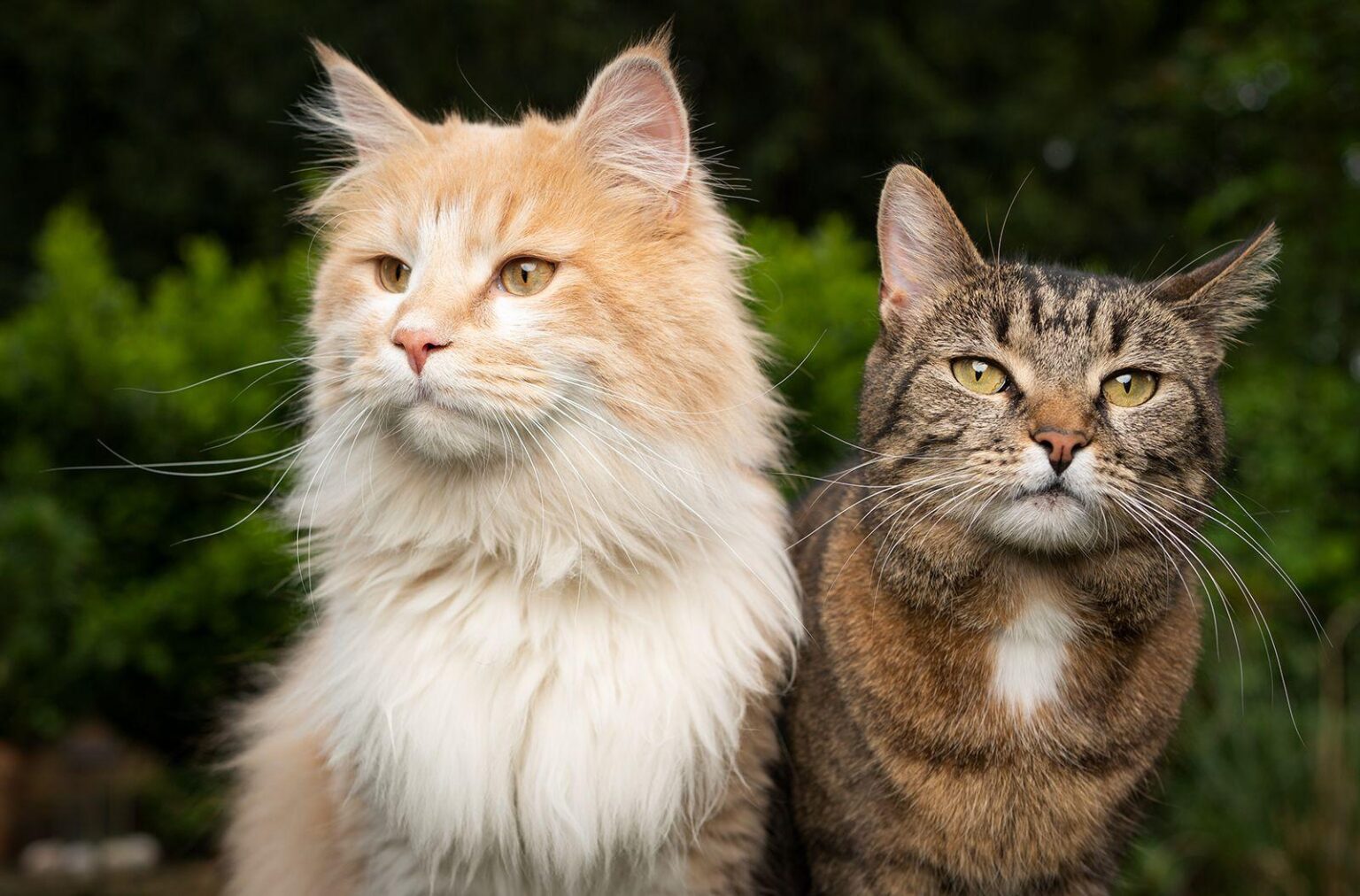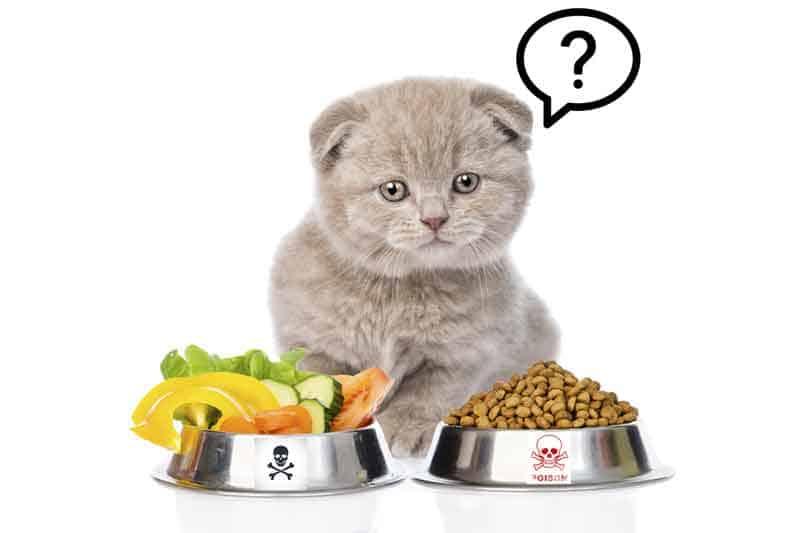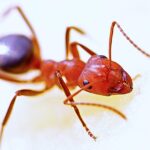When it comes to our feline companions, understanding their dietary needs can sometimes feel like navigating a maze. As we strive to offer them the best nutrition, we often wonder: can our furry friends indulge in the same treats that delight our taste buds? One such curiosity that arises is whether cats can safely enjoy cherries. While these vibrant fruits might tempt us with their juicy sweetness, not all foods are created equal for our pets.
In this article, we will explore the risks associated with cherries and examine other foods that should be kept out of paws’ reach, ensuring that your cat remains happy and healthy. Join us as we delve into the intriguing world of feline nutrition and uncover the essentials for a well-balanced diet.
Table of Contents
- The Hidden Dangers of Cherry Consumption for Cats
- Identifying Toxic Foods: A Comprehensive Guide for Cat Owners
- Safe Treat Alternatives: Nourishing Options for Feline Friends
- Promoting Optimal Health: Best Practices for Feline Nutrition
- Q&A
- To Conclude
The Hidden Dangers of Cherry Consumption for Cats
While cherries might seem like a sweet treat for your feline friend, they come with hidden dangers that every cat owner should be aware of. The most concerning aspect of cherry consumption is the presence of cyanogenic compounds found in the pits, stems, and leaves of the fruit. These compounds can release cyanide when metabolized, posing a serious risk to your cat’s health. Symptoms of cyanide poisoning include difficulty breathing, lethargy, and even collapse, making it crucial to keep all parts of the cherry away from your pet.
Additionally, even the flesh of the cherry can pose a risk for cats. The high sugar content can lead to digestive problems, such as diarrhea or stomach upset, particularly in cats with sensitive stomachs or pre-existing conditions like diabetes. If your cat does accidentally consume cherries, monitor them closely for any unusual behavior. It’s best to have a vet’s contact information on hand and act quickly if any symptoms arise. To ensure your cat’s safety, here’s a quick reference guide:
| Cherry Part | Potential Risk |
|---|---|
| Pit | Cyanide exposure |
| Stem | Cyanide exposure |
| Leaf | Cyanide exposure |
| Flesh | High sugar content |
Identifying Toxic Foods: A Comprehensive Guide for Cat Owners
As cat owners, it’s essential to be aware of the foods that can pose a risk to our feline friends. While some human foods are safe for cats, many can cause serious health issues. One such food that often sparks curiosity is cherries. Despite their appealing appearance and sweet taste, cherries, including the flesh, pits, and stems, are potentially toxic to cats. Cyanogenic compounds found in cherry pits can release cyanide when metabolized, leading to symptoms such as difficulty breathing, dilated pupils, and even shock in severe cases.
To ensure the safety of your cat, it’s crucial to familiarize yourself with a list of other foods to avoid. Here are some additional items that can be harmful:
- Onions and Garlic: Can cause gastrointestinal upset and anemia.
- Chocolate: Contains theobromine, which is toxic to cats.
- Alcohol: Even small amounts can lead to severe intoxication.
- Caffeine: Found in coffee and tea, it can stimulate the nervous system dangerously.
Keeping your cat’s diet free from these harmful substances is a vital aspect of their health and well-being. If your cat happens to consume any of these toxic foods, it’s important to consult your veterinarian immediately.
Safe Treat Alternatives: Nourishing Options for Feline Friends
When it comes to treating our furry companions, it’s essential to choose snacks that not only satisfy their taste buds but also contribute to their overall health. While cherries are a no-go for cats due to their potential toxicity, there are plenty of safe and nourishing alternatives that feline friends can enjoy. Opt for treats that are rich in essential nutrients and free from harmful substances. Consider introducing the following options into your cat’s diet:
- Cooked Chicken or Turkey: Lean meats provide protein and are usually a hit with cats.
- Fish (such as Salmon): Rich in Omega-3 fatty acids, but always ensure it’s cooked and boneless.
- Cantaloupe: Many cats enjoy this sweet melon, and it’s packed with vitamins.
- Carrots: Steamed and cut into small pieces, they can be a crunchy delight.
Incorporating these alternatives not only diversifies your cat’s diet but also enhances their health. Always remember to introduce new foods gradually and in moderation. To help you understand the benefits of these treats, here’s a quick comparison table:
| Treat | Benefits |
|---|---|
| Cooked Chicken | High in protein, promotes muscle health. |
| Salmon | Source of Omega-3, supports skin and coat health. |
| Cantaloupe | Hydrating and rich in vitamins A and C. |
| Carrots | Good source of fiber and helps with digestion. |
Promoting Optimal Health: Best Practices for Feline Nutrition
Ensuring your feline friend enjoys a balanced diet is crucial for their overall health and longevity. A well-rounded nutrition plan should primarily consist of high-quality commercial cat food, which is specifically formulated to meet the dietary needs of cats. It’s important to choose products that list animal protein as the first ingredient since cats are obligate carnivores. Additionally, incorporating the right mix of essential vitamins and minerals helps support their immune system and keeps their fur shiny and healthy. Always consult with your veterinarian to tailor the diet based on your cat’s age, weight, and health status.
While exploring a diverse diet, it’s vital to recognize certain human foods that can be harmful to cats. Some foods to avoid include:
- Chocolate – Toxic due to theobromine content.
- Onions and Garlic – Can lead to hemolytic anemia.
- Grapes and Raisins – Associated with kidney failure.
- Caffeinated Beverages – Can cause heart problems.
- Avocado – Contains persin, which can be harmful.
While fruits like cherries may seem harmless, they contain cyanogenic compounds that can be toxic to cats. Therefore, it’s best to steer clear of these and stick to safe treats specifically designed for feline consumption. Remember, a well-informed approach to your cat’s diet will lead to a happier, healthier companion.
Q&A
Q&A:
Q1: Can cats eat cherries?
A1: While cherries may seem like a tasty treat, they are not safe for cats. The fruit contains cyanogenic compounds, which can be toxic to felines if ingested in significant amounts. Even small pieces of the fruit can pose risks, so it’s best to keep cherries out of their reach.
Q2: What part of the cherry is harmful to cats?
A2: The most concerning parts of the cherry are the pits, stems, and leaves, all of which contain cyanide. Ingesting these can cause serious health issues. Even the flesh of the cherry, while less dangerous, can still lead to digestive upset in cats.
Q3: What symptoms should I watch for if my cat accidentally eats cherries?
A3: If a cat consumes cherries, watch for signs of distress such as vomiting, diarrhea, lethargy, or difficulty breathing. If you notice any of these symptoms, it’s crucial to contact your veterinarian immediately for advice.
Q4: What other common foods should I avoid giving my cat?
A4: Beyond cherries, there are several other foods to avoid. These include chocolate, onions, garlic, grapes, raisins, alcohol, caffeine, and certain artificial sweeteners like xylitol. Always consult your vet before introducing any new food to your cat’s diet.
Q5: Are there any safe fruits for cats?
A5: Yes! Some fruits are safe for cats in moderation. Options such as watermelon (without seeds), blueberries, and bananas can be given as occasional treats. Always introduce new foods slowly and in small amounts to observe how your cat reacts.
Q6: How can I tell if a food is safe for my cat?
A6: Research is key! Look for reliable information from veterinary sources and trusted pet care websites. If in doubt, consult your veterinarian for guidance on your cat’s diet and safe food options.
Q7: What should I do if I want to give my cat a treat?
A7: Opt for cat-specific treats that are formulated to meet their dietary needs or choose safe fruits in moderation. You can also try cooked meats without seasoning or specially designed cat treats to satisfy their cravings without compromising their health.
Q8: Why is it important to know what foods are hazardous to cats?
A8: Understanding which foods can harm your cat helps ensure their safety and well-being. Cats have unique dietary needs, and feeding them inappropriate foods can lead to serious health complications. Being informed allows you to provide a balanced and safe diet for your furry friend!
To Conclude
while the image of a curious cat eyeing a bowl of cherries may seem charming, it’s essential to prioritize their health and well-being. The allure of sharing our favorite human snacks, like cherries, can sometimes lead to unintended consequences for our feline friends. As conscientious pet owners, understanding which foods are safe and which to avoid is crucial in ensuring our cats lead happy, healthy lives. From cherries to chocolate, knowledge is your best ally in navigating the complex world of feline nutrition. So, the next time you indulge in a sweet treat, remember to keep your kitty’s dish filled with approved delights. After all, their health is worth every precaution.



















